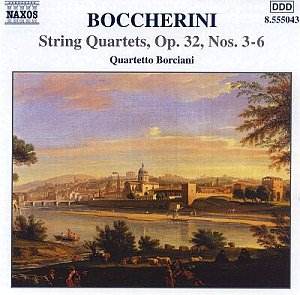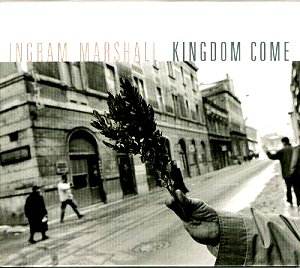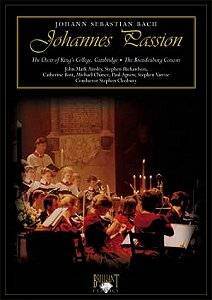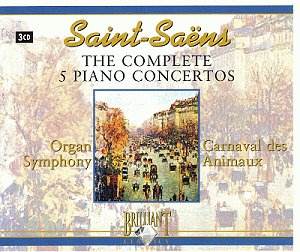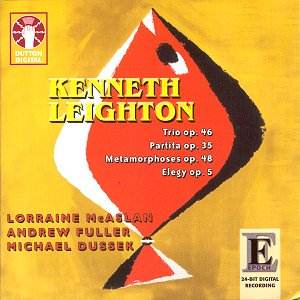 Composer: Kenneth Leighton
Composer: Kenneth Leighton
Works: Piano Trio Op.46, Partita for Cello and Piano Op.35, Metamorphoses for Violin and Piano Op.48, Elegy for Cello and Piano Op.5
Performers: Lorraine McAslan (violin), Andrew Fuller (cello), Michael Dussek (piano)
Recording: Henry Wood Hall, London, September 2001
Label: Dutton CDLX 7118
Kenneth Leighton, a significant figure in 20th-century British music, left an indelible mark with his distinctively lyrical yet rigorously structured compositions. The works presented in this recording—spanning from his early Elegy for Cello and Piano to the mature Piano Trio—showcase his evolution as a composer and his ability to weave emotional depth into intricate musical frameworks. Leighton’s oeuvre often reflects a tension between stark emotional landscapes and harmonic ambiguity, and this compilation exemplifies those traits splendidly.
The Partita for Cello and Piano Op.35, composed in 1959, opens with the Elegy, which sets a somber tone with its dark ostinato in the piano beneath a soaring cello line. The arch form of this movement demonstrates Leighton’s penchant for creating tension that ultimately resolves into a quiet, contemplative coda. McAslan’s cello articulates the long phrases with a sense of yearning, expertly navigating the climactic passages while maintaining an intimate connection with Dussek’s piano. The Scherzo, filled with nervous energy, showcases the performers’ technical prowess, particularly in its complex rhythms and muted coda, which leave the listener in a state of anticipation for the weightier Variations that follow. Here, the theme unfolds into six distinct variations, culminating in the Chorale, which aptly signifies reconciliation through its rich harmonic language.
Leighton’s Piano Trio Op.46, composed in 1965, further illustrates his mastery of thematic development. The Allegro begins with harmonic ambiguity, creating an engaging sonic landscape that evolves throughout the movement. Dussek’s piano part is particularly noteworthy for its intricate interplay with the strings, supporting rather than overshadowing them. The second movement, another Scherzo, contrasts sharply with the lyrical trio, creating a dynamic tension that is skillfully maintained by the trio. The final movement, Hymn, builds up to an impressive climax, reflecting the composer’s ability to blend emotional intensity with structural clarity. The performers navigate this journey with a keen sense of drama, drawing the listener into the unfolding narrative.
The Metamorphoses for Violin and Piano Op.48, completed shortly after the Piano Trio, takes the theme-and-variations form to new heights. The central Scherzo is marked by capriciousness, almost playful, contrasting with the meditative qualities of the subsequent variations. McAslan’s violin work here reveals a lightness that complements the darker undertones of the piano, allowing for a dialogue that feels both spontaneous and meticulously crafted. The Elegy for Cello and Piano Op.5, an earlier work from 1949, provides a poignant counterpoint to the more elaborate pieces. It is a testament to Leighton’s early lyrical instincts, and Fuller’s cello performance is hauntingly beautiful, capturing the essence of the piece’s introspective nature.
The recording quality is exemplary, with a clarity that allows each instrument to shine while maintaining a cohesive ensemble sound. Engineers have captured the resonance of the hall beautifully, ensuring that the emotional nuances of Leighton’s music are conveyed without compromise.
This collection not only highlights Leighton’s significant contributions to chamber music but also showcases the dedication and interpretative skill of McAslan, Fuller, and Dussek. Their performances breathe life into these substantial works, revealing the emotional depth and intellectual rigor that characterize Leighton’s music. Each piece resonates with a sincerity that speaks volumes, making this recording an essential addition to the repertoire of any chamber music enthusiast. The commitment and artistry displayed here are commendable, making it a compelling representation of Leighton’s enduring legacy.
